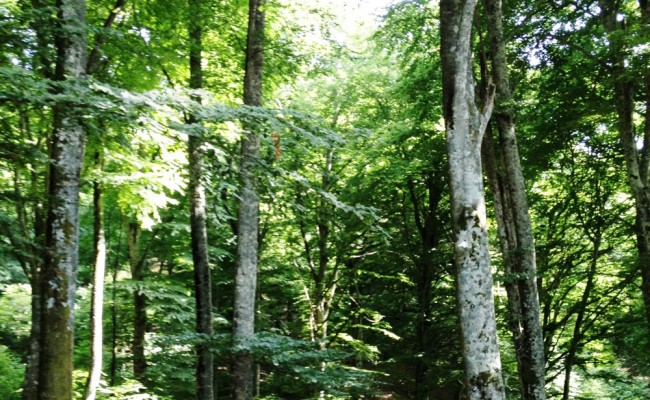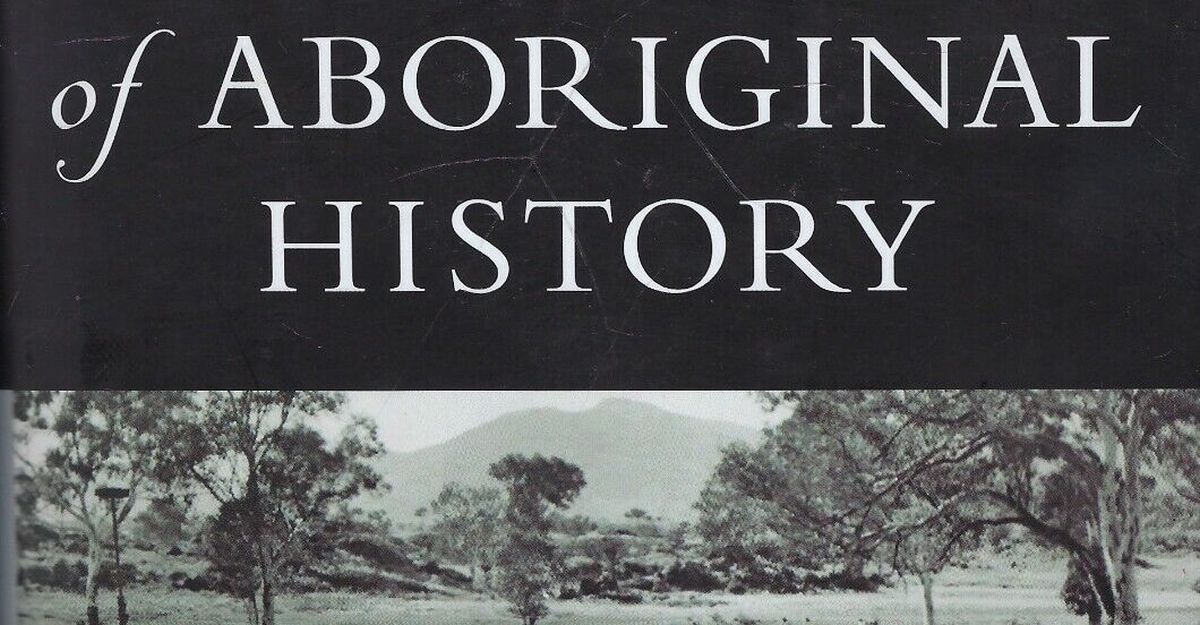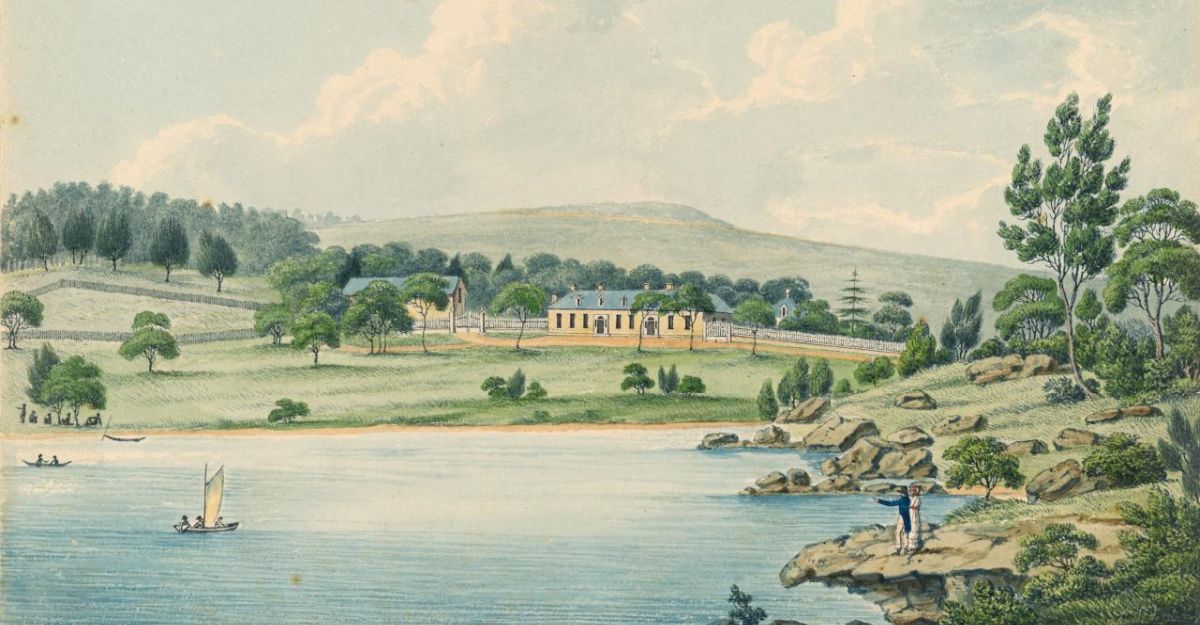My meditation teacher is a pessimist and a poet. He says the mind is like a glass of orange juice, the sediment slowly settling to the bottom leaving a clear liquid. This makes me think of centrifuging blood and the resulting layer of clear plasma that rests above the red blood cells. Which makes me think of the red of the dress my sister wore to her Year Ten formal when we were living in that rickety shack between the train line and the highway. How she posed in front of the azaleas and I took her photograph, her youth snagged for a moment. The trains were constantly passing in one direction and the cars in the other. As though you could step outside your door and catch a ride to a far off destination, an exotic place name becoming something real. There was the old parrot in the corner squawking out the same old phrases day in, day out. It wasn’t in much better shape than the teddy bear my grandmother gave me the day I was born, now missing clumps of fur and with glitter nail polish painted over its plastic eyes. There were also the brightly coloured fish in my brother’s aquarium. One day when I saw my five-year-old sister staring at the tank, I said to her, ‘The fish are pretty aren’t they?’ She said, ‘I’m not looking at the fish. I’m looking at the space between them.’ As though the water was a huge blue expanse of sky – as though we were lying on our backs on a grassy hill looking up at it and there were clouds racing by above us. I glanced over at my stepfather’s face which was a mixture of open-mouthed fear and amazement like he was watching the trapeze at the circus while I munched on antipsychotics like they were a huge overpriced box of salty popcorn, wiping my hands on the thighs of my jeans, the buttery denim, before resting my right hand on top of my left, the thumb tips lightly touching. It is like being surrounded by a number of beautiful women. Before you know it you are in a room with one in a tricky sex position you read about in Men’s Health magazine. You need to extricate your limbs and get out of the room, get back to your breath, which has been humming unnoticed in the background like an appliance, a battered trusty white good which has been passed down through the family over the years.
Refrigerator



